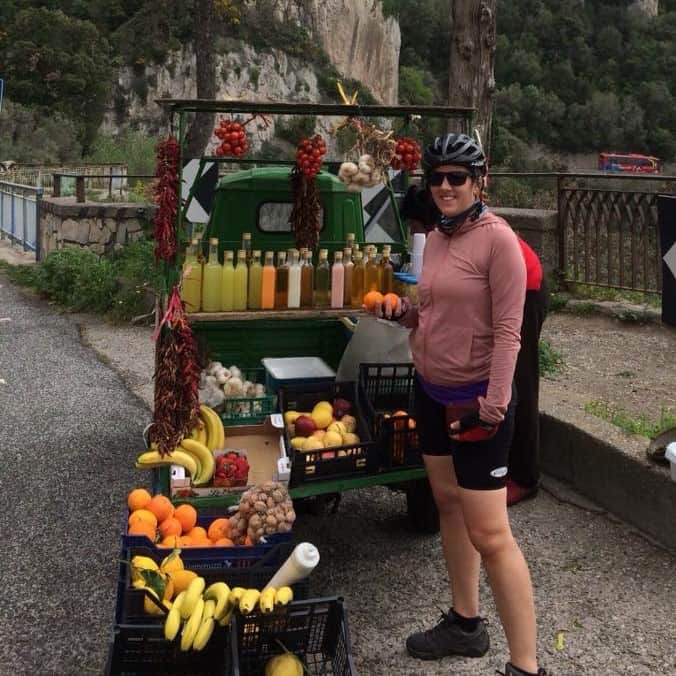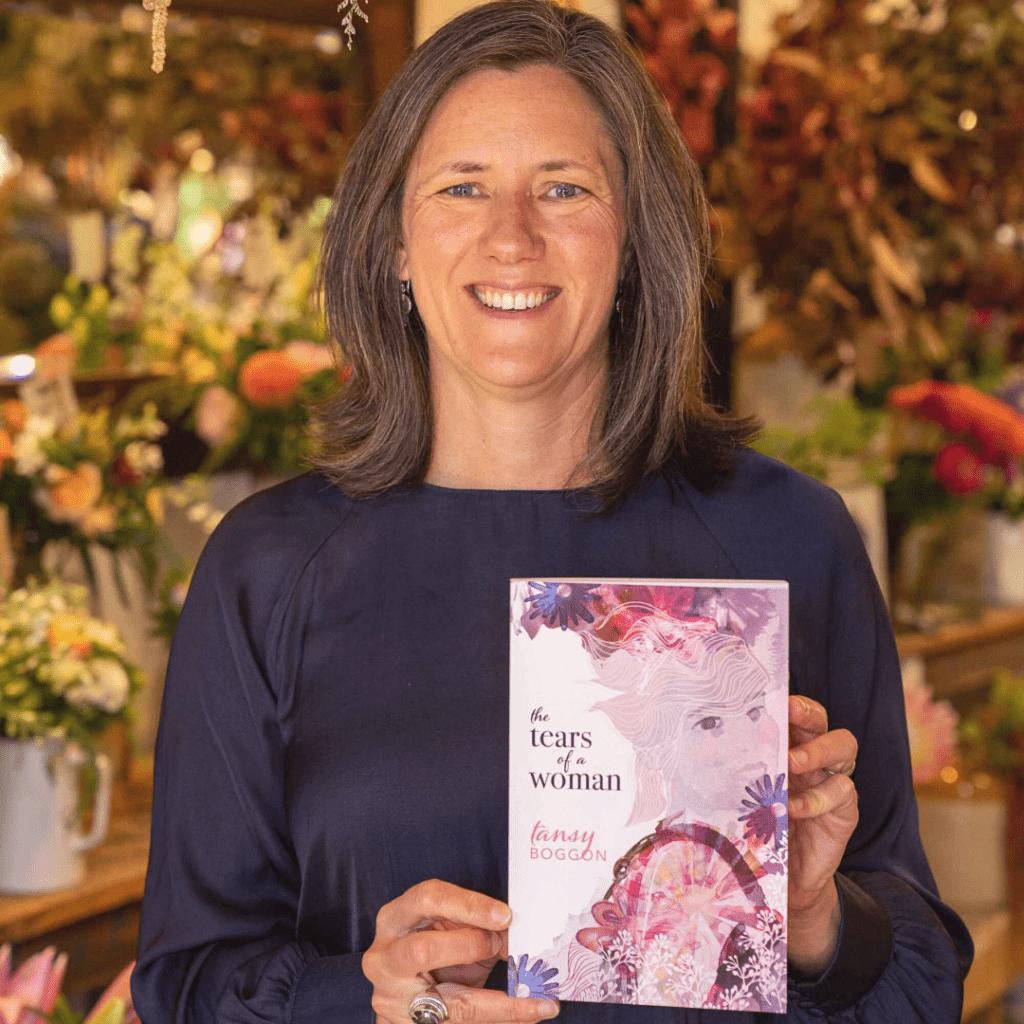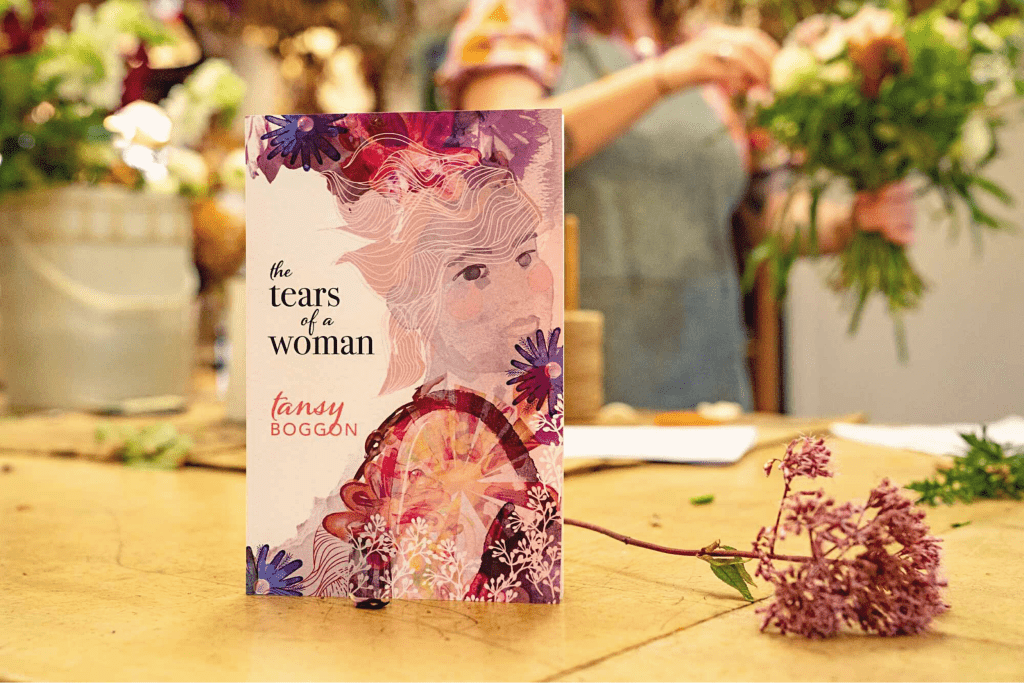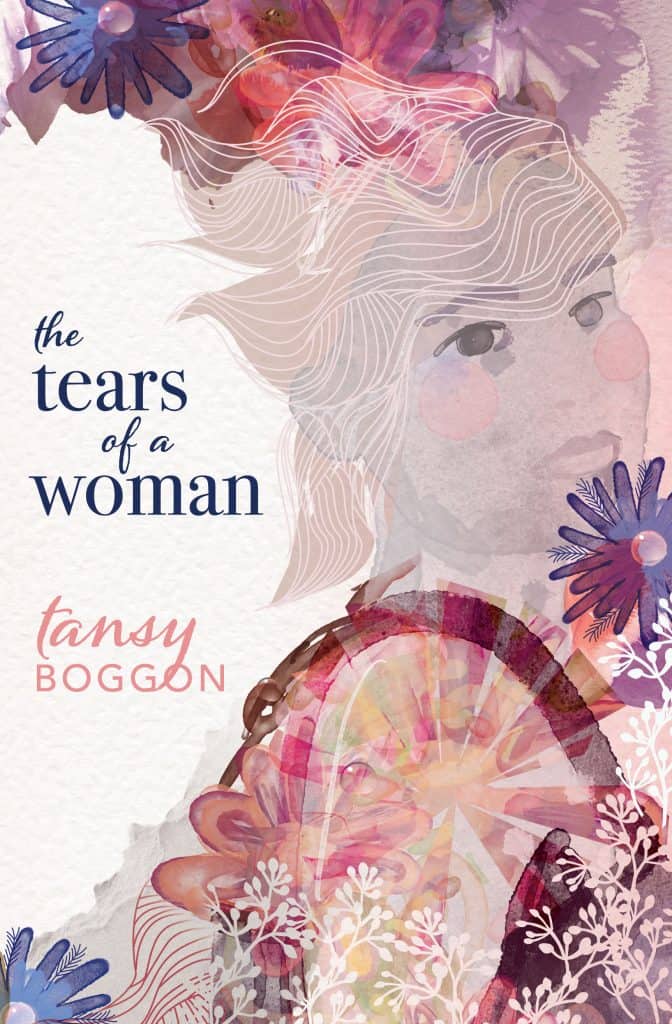In this blog, I share how I wove our story of coming to a place of accepting a life without children into the novel, The Tears of a Woman.
The Tears of a Woman is a novel largely based on truth. Like Jenni and Barry, my husband and I wanted to have children. However, after years of trying, we came to a place of accepting a life without children.
I had no intention of writing about our childlessness in a fictional story. However, when I completed the manuscript for The Weight of a Woman, I started to think that Jenni and Barry would be the perfect couple to have an experience similar to our own.
Tackling childlessness through a fictional story
In The Weight of a Woman, Jenni was 39 years old and single, without any prospects of having children. She has an encounter with her ex-partner, who, in a new relationship, is overjoyed to be a father. You can read this scene in my blog, How my childlessness infuses into my novel writing.
After some resistance, I decided to write a sequel to The Weight of a Woman—a story of trying to start a family. I didn’t intend for it to follow our own journey. I wanted to write a fictional story that shared some of the thoughts and emotions that arise on this journey.
However, the story ended up having many parallels to our own.
Sometimes that’s the thing as a writer. Even when we want to write fiction, we draw on much of our own experience. This definitely is the case with my novel, The Tears of a Woman.
How much of the novel is based on truth?
The Tears of a Woman has many elements that align with our own story. Here are some truths:
- Like in the novel, our fertility ‘issue’ was with my husband. We only discovered this after following a naturopathic protocol for twelve months. After twelve months of trying to get pregnant, unsuccessfully, we saw our GP—then a gynaecologist and then a fertility clinic. The likely cause of my husband’s infertility was a hernia he had in his groin at one year of age. At the time, the doctors warned that there may have been damage to his piping. But he and his mother forgot this until his sperm was under the microscope. I didn’t add this detail to the novel as there are many reasons for male infertility. I wanted the reader to ponder these reasons.
- Like Jenni and Barry, we didn’t feel IVF was the right path for us. We decided to adopt soon after learning that my husband creates antibodies to his sperm. IVF was an option with a low success rate. However, we knew that IVF could be challenging on a relationship. We didn’t feel that was the path we wanted to take.
Like Jenni and Barry in the novel, we travelled to Thailand after we were accepted to adopt from Thailand.

- Like in the novel, we learnt that the Thailand adoption program was closed after our trip to Thailand. The devastation that Jenni and Barry feel in the novel mirrors our own. There were many times when we would have to return to work after a psychology visit or an appointment at the adoption department. And we’d feel absolutely deflated and exhausted.
- We lived in Brisbane for a while, but that was after we had accepted our childless life. We sold our house and business to move to Brisbane so we’d be closer to my family. The location of Jenni and Barry’s home and work are areas I am familiar with. I went to university in Brisbane and am familiar with the walking path to the city and travelling by CityCat on the Brisbane River. The purple jacaranda flowers I mention in the novel are iconic of the Brisbane River.

- We travelled to Tuscany in 2018, along with the Amalfi Coast and Sardinia. However, our travels were after we had accepted our childless life. I wrote The Weight of a Woman after these travels. I wove into the novel Barry’s fascination with medieval times and Jenni’s fear of travelling to a country renowned for its food. It seemed fitting that they should holiday there—Barry living out a dream and Jenni overcoming a fear.
How much of the novel is fictional?
Although some of The Tears of a Woman mirrors our own journey and the emotions we experienced in accepting our childlessness, the characters are completely fictional. Furthermore, there are some distinct differences between Jenni and Barry’s journey and our own. Sometimes this was because I wanted to weave in Jenni’s relationship with her body and how people in larger bodies may come up against weight bias. Other times it felt better for the flow of the novel to skip aspects of our story. Here are some ways the novel varies from our own story or is entirely fictional:
- We not only tried to adopt from Thailand. When the program was closed, we then began the process of adopting from Colombia, which involved more extensive psychology assessments and social worker visits. In the novel, I hint at some of this by the size of the file at the adoption department. However, it was a lengthy process of workshops, home visits, psychological assessments and medical checks.
- We tried to adopt for five years before deciding that the process was too longwinded. There was also corruption which meant that the needs of children were unclear. We felt we might be put in an emotionally compromising position to adopt a child that was far older than we were prepared for or had siblings or special needs. We had no problem with beginning a family in this way. But the corruption and lack of clarity was our main concern. I didn’t explain why the Thailand program was closed in the novel and only hinted at the timeframe that Jenni and Barry had tried to adopt.
When someone says, ‘Have you throught of IVF or adoption?’ know that it hurts.

- Weight was not a factor in our ability to undertake IVF or to adopt. However, we did meet people where health and weight were factors that limited the countries they could adopt from. I wanted to bring this into the novel as weight stigma and weight bias is something I am passionate about. I wanted to raise awareness of the limitations this imposes on people in larger bodies. All too often, weight is used as a proxy for health, when this is an oversimplification.
- Jenni’s experiences with Chrystal, the naturopath, womb yoga and the cacao ceremony were entirely fiction. However, during our journey and since, we have had many similar experiences. Some wellness professionals make promises that you’ll get pregnant if you follow their protocol. They intentionally or unintentionally prey on how hopeful you are. I write about this in my blog, A Wellness Diet that Promises You’ll Get Pregnant. I drew on my experiences and how I felt at these times to recreate similar scenes in the novel.
The Tears of a Woman
— A Novel —
The story of a woman’s emotional struggle to become a mother while navigating weight bias and self-doubt.
The Tears of a Woman is the sequel to The Weight of a Woman, although it is enjoyable as a standalone read.
Fact or fiction, you can accept a childless life
Whether fact or fiction, I hope the story helps those of you who have been through similar experiences feel less alone. While at the same time fostering greater empathy towards those of us going through this journey. A Goodreads Reviewer had this to say about The Tears of a Woman:
“This book will definitely touch your heart and if you are considering parenthood or have struggled with fertility issues, The Tears of a Woman is a must read. I think it’s the perfect comfort read for anyone that’s thinking of having a family.”— Goodreads Reviewer
I deeply hope this work of fiction touches your heart. While also opening your mind to the possibilities you or others may face on the journey of starting a family. Not every story has a fairy-tale ending. But that doesn’t mean there isn’t love and joy on the journey ahead.
I deeply hope you feel the sense of joy for the future that Jenni and Barry feel as the story comes to a close. I wanted this to mirror how my husband and I now feel as a childless, not by choice couple.
There are sometimes moments of sadness. But we have come to a place of accepting our situation and living a fulfilling life without children.
For those of you who are only just reaching this place or are unsure you can accept childlessness with grace and humility, you may enjoy my blogs, MyOtherhood: accepting childlessness by consequence, not choice and Living a meaningful life without children.
I would love to hear from you
Reach out if you have had a similar experience to us or enjoy my novel, The Tears of a Woman. It is so empowering for us all to feel seen and acknowledged in this way.
Much love,
Tansy xoxo


